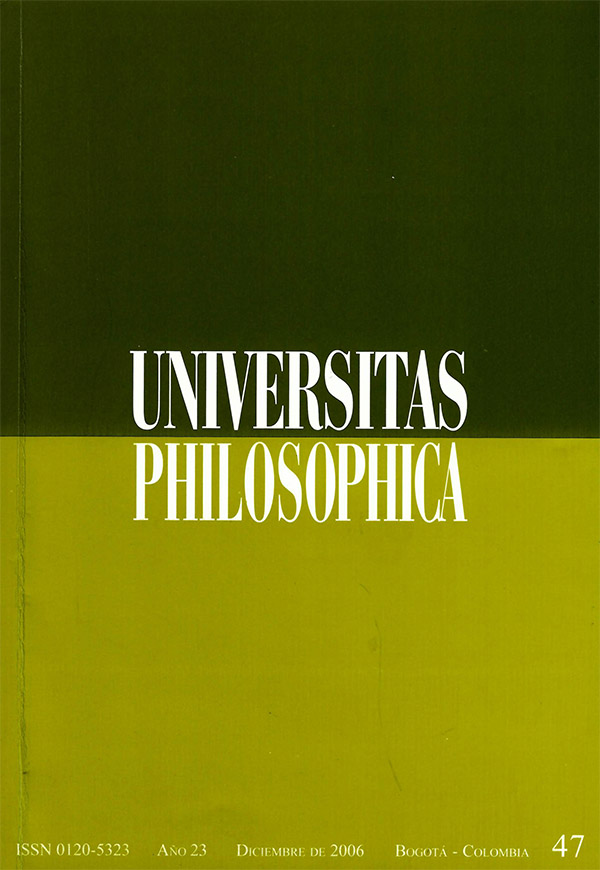Abstract
Globalization is at the core of academic and public discussions today. As a fact it cannot be dismissed; instead, the task for political philosophy is to broaden its concept and to refine the questions about it, including the problem of its legitimacy and rationalization. In this paper, I explore David Hume’s metaphor of commerce -the privileged device towards civilization- as a powerful way of thinking the correlation between exchange and cosmopolitism. Trade is a communication metaphor whose asymptotes are universality, openmindedness, reciprocal recognition and hospitality towards the other. I focus on the main concepts of Hume’s political philosophy -the artifices of justice and politeness- and reconstruct both the establishment of conventions -vs. contracts- and of their moral approval. That reconstruction illustrates how trade, in its broadest scope, motivates the configuration of a civilized humanity, the aim of legitimate globalization.This journal is registered under a Creative Commons Attribution 4.0 International Public License. Thus, this work may be reproduced, distributed, and publicly shared in digital format, as long as the names of the authors and Pontificia Universidad Javeriana are acknowledged. Others are allowed to quote, adapt, transform, auto-archive, republish, and create based on this material, for any purpose (even commercial ones), provided the authorship is duly acknowledged, a link to the original work is provided, and it is specified if changes have been made. Pontificia Universidad Javeriana does not hold the rights of published works and the authors are solely responsible for the contents of their works; they keep the moral, intellectual, privacy, and publicity rights.
Approving the intervention of the work (review, copy-editing, translation, layout) and the following outreach, are granted through an use license and not through an assignment of rights. This means the journal and Pontificia Universidad Javeriana cannot be held responsible for any ethical malpractice by the authors. As a consequence of the protection granted by the use license, the journal is not required to publish recantations or modify information already published, unless the errata stems from the editorial management process. Publishing contents in this journal does not generate royalties for contributors.


